Who Must Pay the $100,000 H-1B Visa Fee? Key FAQs Explained
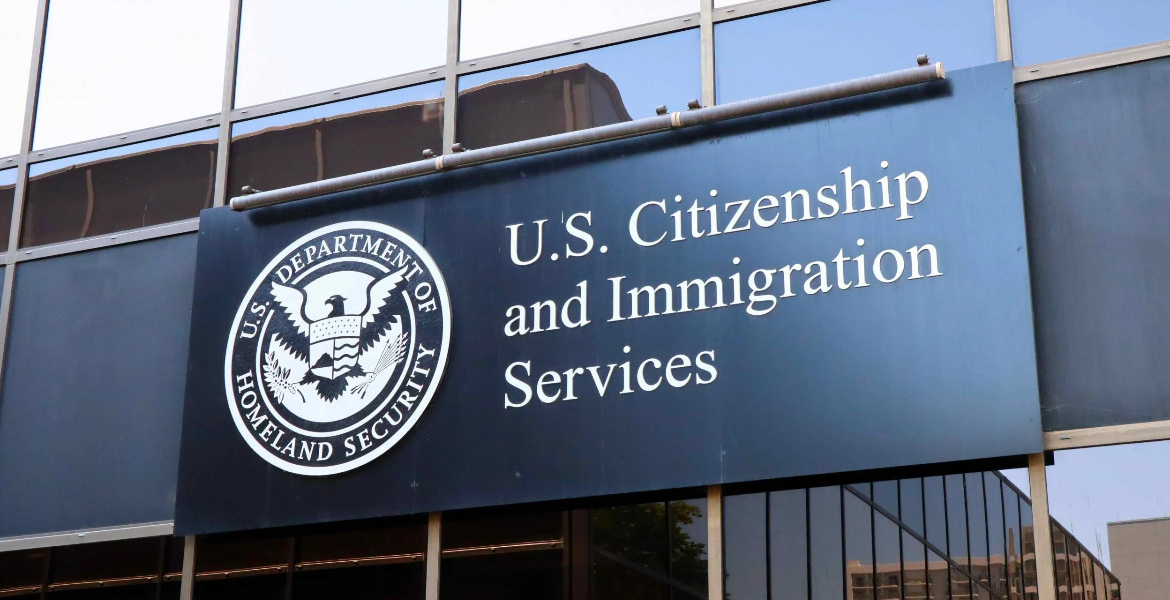
The Trump administration has confirmed that the newly introduced $100,000 fee for H-1B visa petitions will apply only to new applications, not to renewals or existing visa holders.
In a statement released over the weekend, US Citizenship and Immigration Services (USCIS) clarified that the one-time fee, which takes effect from 21 September 2025, will be required only at the time of filing a new H-1B petition. The rule does not apply to individuals renewing their H-1B status or to those who already hold a valid visa, including those currently outside the United States.
White House Press Secretary Karoline Leavitt reiterated the administration’s position, stating that current H-1B visa holders will not be charged the $100,000 fee to re-enter the US. She confirmed that the new requirement will be enforced during the next H-1B lottery cycle and will not affect existing travel or re-entry procedures.
The H-1B visa programme allows US employers to hire skilled foreign workers in specialised fields such as technology, engineering, healthcare, and scientific research. Visas are typically issued for an initial period of three years and can be extended up to six years. The new fee policy forms part of a broader immigration directive aimed at adjusting programme priorities.
Under the updated rules, employers must submit proof of payment when filing a new petition. The Department of State will verify compliance before issuing a visa, and petitions submitted without payment will be rejected. Entry to the US will also be denied in such cases.
However, exemptions may be granted by the Secretary of Homeland Security in circumstances that serve the national interest or pose no risk to public welfare. The policy is accompanied by expected reforms to prevailing wage requirements.
The Department of Labour plans to raise minimum salary thresholds, aiming to prioritise applicants with advanced qualifications and deter lower-wage petitions. The fee rule is set to remain in place for 12 months, with federal agencies directed to assess its impact and advise the President on a possible extension within 30 days of the next lottery cycle.
The measure is intended to reduce the volume of lower-salary or speculative petitions and reinforce the administration’s focus on higher-wage, highly skilled immigration.

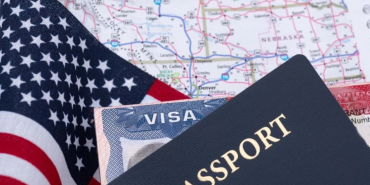
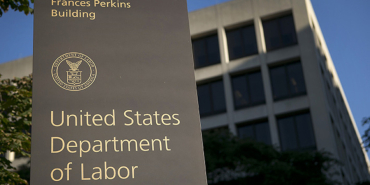
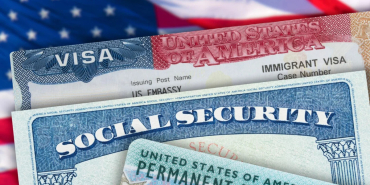


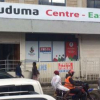
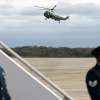
Add new comment